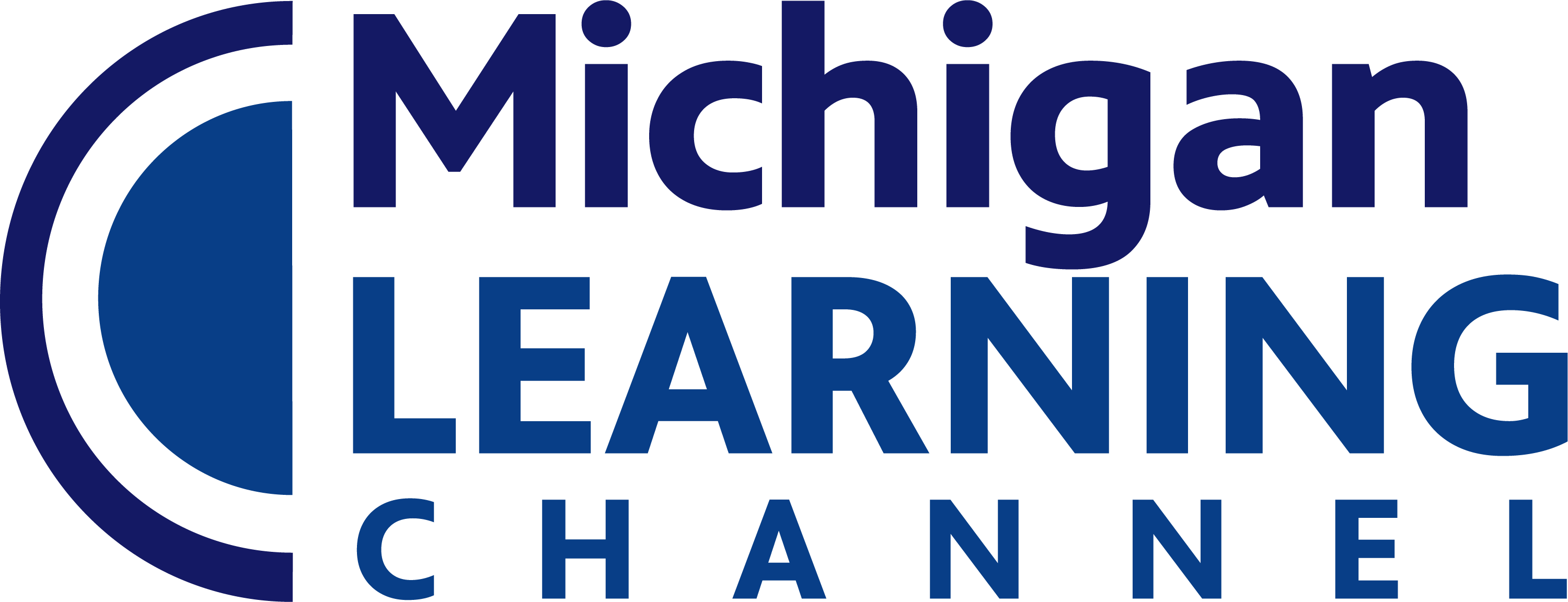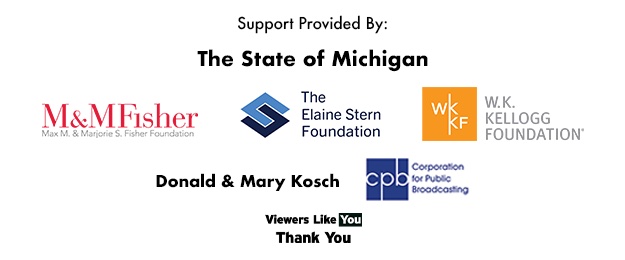Subjects
Shows
I can break down unknown words into units of meaning (affix, root) to determine definitions.
I can determine the meaning of unknown words by using reference materials.
Demonstrate understanding of word relationships and nuances in word meanings.
I can explain the difference between literal meaning and nonliteral meaning of words and phrases. I can recognize when an [...]
I can make a real-life connection (text to self) to words I hear and read.
I can recognize words that have similar meaning, and choose the word that best describes the mood/state of mind.
I can recognize the difference between general academic words and phrases (Tier 2) and domain-specific words and phrases (Tier 3). [...]
I can explain the function of nouns. I can explain the function of pronouns. I can explain the function of [...]
I can explain the difference between regular verbs and irregular verbs and use them correctly.
I can explain the difference between simple verb tenses and use them correctly.
I can define subject and verb and explain that a singular subject needs a singular verb and a plural subject [...]
I can identify comparative adjectives/adverbs and superlative adjectives/adverbs and choose the correct form when writing or speaking.
I can identify coordinating conjunctions and subordinating conjunctions and use them correctly.
I can identify and create simple sentences, compound sentences and complex sentences.
Demonstrate command of the conventions of standard English capitalization, punctuation, and spelling when writing.
I can identify words in a title that should be capitalized. I can identify words in a title that should [...]
I can punctuate dialogue correctly by using commas before/after speaker and place quotations marks around spoken words.
I can define possessive nouns and form singular possessives and plural possessives.
I can recognize when I need to double consonants, drop the e, or change y to i when adding suffixes [...]
I can identify misspelled words and use resources to assist me in spelling correctly.
Use knowledge of language and its conventions when writing, speaking, reading, or listening.
I can identify words or phrases in a story that bring it to life and create effect or interest. I [...]
I can explain how spoken language differs from written language. I can follow standard English rules when writing.
I can define narrative text and describe the basic part of plot (introduction, rising action, climax, falling actions, and resolution). [...]
I can use descriptive words and dialogue to show actions, thoughts, and feelings of my characters and to show how [...]
I can identify the writing style/genre (opinion, informative, or narrative) that best fits my task and purpose. I can use [...]
I can use prewriting strategies to formulate ideas (eg., graphic organizers, brainstorming, list). I can recognize that a good piece [...]
I can identify technology that will help me produce and publish writing. I can use technology to produce and publish [...]
I can define research and explain how it is different from other types of writing. I can research a topic [...]
I can recall information from experiences or gather information from print and digital sources about a topic. I can take [...]
I can read or study materials(s) to be discussed. I can list important information about the topic to be discussed. [...]
Come to discussions prepared, having read or studied required material; explicitly draw on that preparation and other information known about [...]
Follow agreed-upon rules for discussions (e.g., gaining the floor in respectful ways, listening to others with care, speaking one at [...]
Ask questions to check understanding of information presented, stay on topic, and link their comments to the remarks of others.
Explain their own ideas and understanding in light of the discussion.
I can recall the supporting details from a text being read aloud. I can identify the main idea from a [...]
I can ask questions about a speaker's presentation when I do not understand or need more information. I can answer [...]
I can present a topic, text, story, or experience with facts and appropriate (relevant) descriptive details. I can report my [...]
I can read aloud stories or poem and use my voice to make them come to life. I can speak [...]
I can recognize a complete sentence. I can speak using complete sentences when asked to provide details or clarifications.
Demonstrate command of the conventions of standard English grammar and usage when writing or speaking.
I can define prefix and suffix. I can identify common prefixes and suffixes. I can explain the meaning of common [...]
I can break apart words into syllable segments to help me decode words I do not know.
Subjects
Shows
I can break down unknown words into units of meaning (affix, root) to determine definitions.
I can determine the meaning of unknown words by using reference materials.
Demonstrate understanding of word relationships and nuances in word meanings.
I can explain the difference between literal meaning and nonliteral meaning of words and phrases. I can recognize when an [...]
I can make a real-life connection (text to self) to words I hear and read.
I can recognize words that have similar meaning, and choose the word that best describes the mood/state of mind.
I can recognize the difference between general academic words and phrases (Tier 2) and domain-specific words and phrases (Tier 3). [...]
I can explain the function of nouns. I can explain the function of pronouns. I can explain the function of [...]
I can explain the difference between regular verbs and irregular verbs and use them correctly.
I can explain the difference between simple verb tenses and use them correctly.
I can define subject and verb and explain that a singular subject needs a singular verb and a plural subject [...]
I can identify comparative adjectives/adverbs and superlative adjectives/adverbs and choose the correct form when writing or speaking.
I can identify coordinating conjunctions and subordinating conjunctions and use them correctly.
I can identify and create simple sentences, compound sentences and complex sentences.
Demonstrate command of the conventions of standard English capitalization, punctuation, and spelling when writing.
I can identify words in a title that should be capitalized. I can identify words in a title that should [...]
I can punctuate dialogue correctly by using commas before/after speaker and place quotations marks around spoken words.
I can define possessive nouns and form singular possessives and plural possessives.
I can recognize when I need to double consonants, drop the e, or change y to i when adding suffixes [...]
I can identify misspelled words and use resources to assist me in spelling correctly.
Use knowledge of language and its conventions when writing, speaking, reading, or listening.
I can identify words or phrases in a story that bring it to life and create effect or interest. I [...]
I can explain how spoken language differs from written language. I can follow standard English rules when writing.
I can define narrative text and describe the basic part of plot (introduction, rising action, climax, falling actions, and resolution). [...]
I can use descriptive words and dialogue to show actions, thoughts, and feelings of my characters and to show how [...]
I can identify the writing style/genre (opinion, informative, or narrative) that best fits my task and purpose. I can use [...]
I can use prewriting strategies to formulate ideas (eg., graphic organizers, brainstorming, list). I can recognize that a good piece [...]
I can identify technology that will help me produce and publish writing. I can use technology to produce and publish [...]
I can define research and explain how it is different from other types of writing. I can research a topic [...]
I can recall information from experiences or gather information from print and digital sources about a topic. I can take [...]
I can read or study materials(s) to be discussed. I can list important information about the topic to be discussed. [...]
Come to discussions prepared, having read or studied required material; explicitly draw on that preparation and other information known about [...]
Follow agreed-upon rules for discussions (e.g., gaining the floor in respectful ways, listening to others with care, speaking one at [...]
Ask questions to check understanding of information presented, stay on topic, and link their comments to the remarks of others.
Explain their own ideas and understanding in light of the discussion.
I can recall the supporting details from a text being read aloud. I can identify the main idea from a [...]
I can ask questions about a speaker's presentation when I do not understand or need more information. I can answer [...]
I can present a topic, text, story, or experience with facts and appropriate (relevant) descriptive details. I can report my [...]
I can read aloud stories or poem and use my voice to make them come to life. I can speak [...]
I can recognize a complete sentence. I can speak using complete sentences when asked to provide details or clarifications.
Demonstrate command of the conventions of standard English grammar and usage when writing or speaking.
I can define prefix and suffix. I can identify common prefixes and suffixes. I can explain the meaning of common [...]
I can break apart words into syllable segments to help me decode words I do not know.


